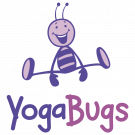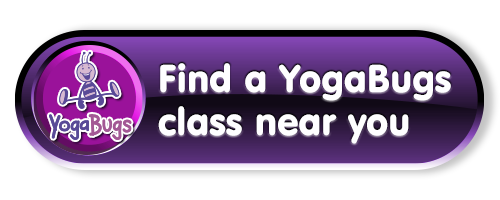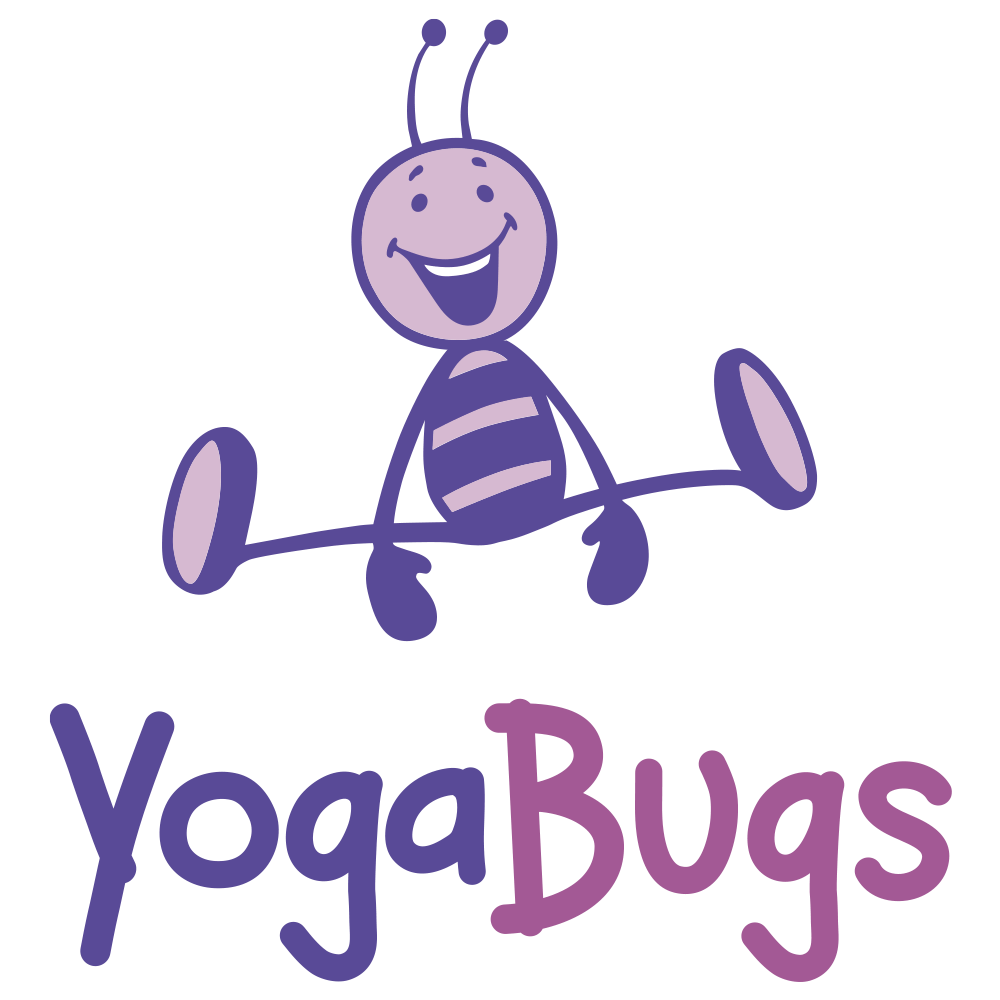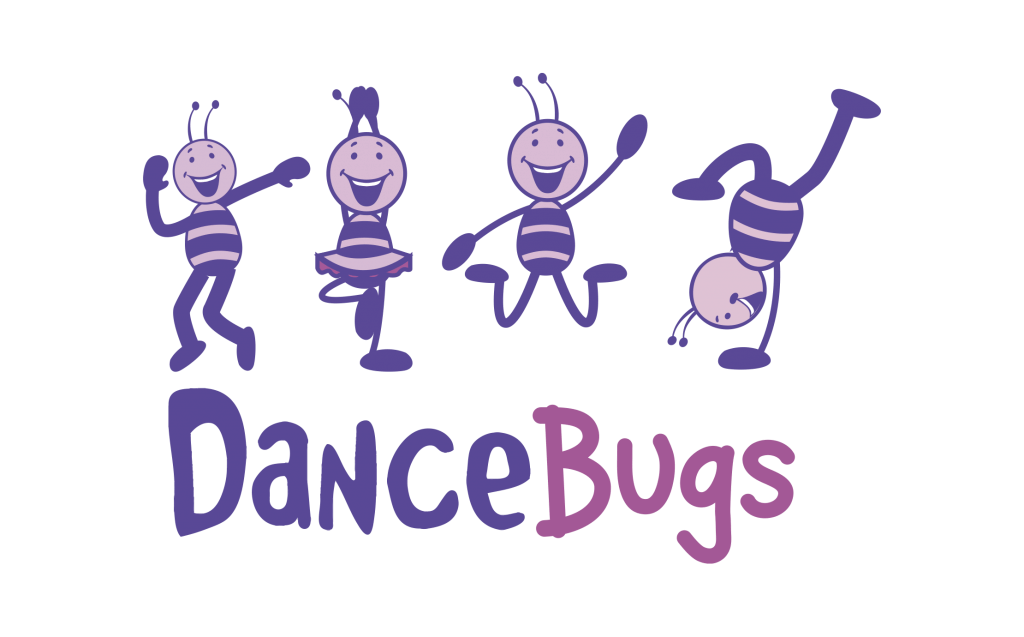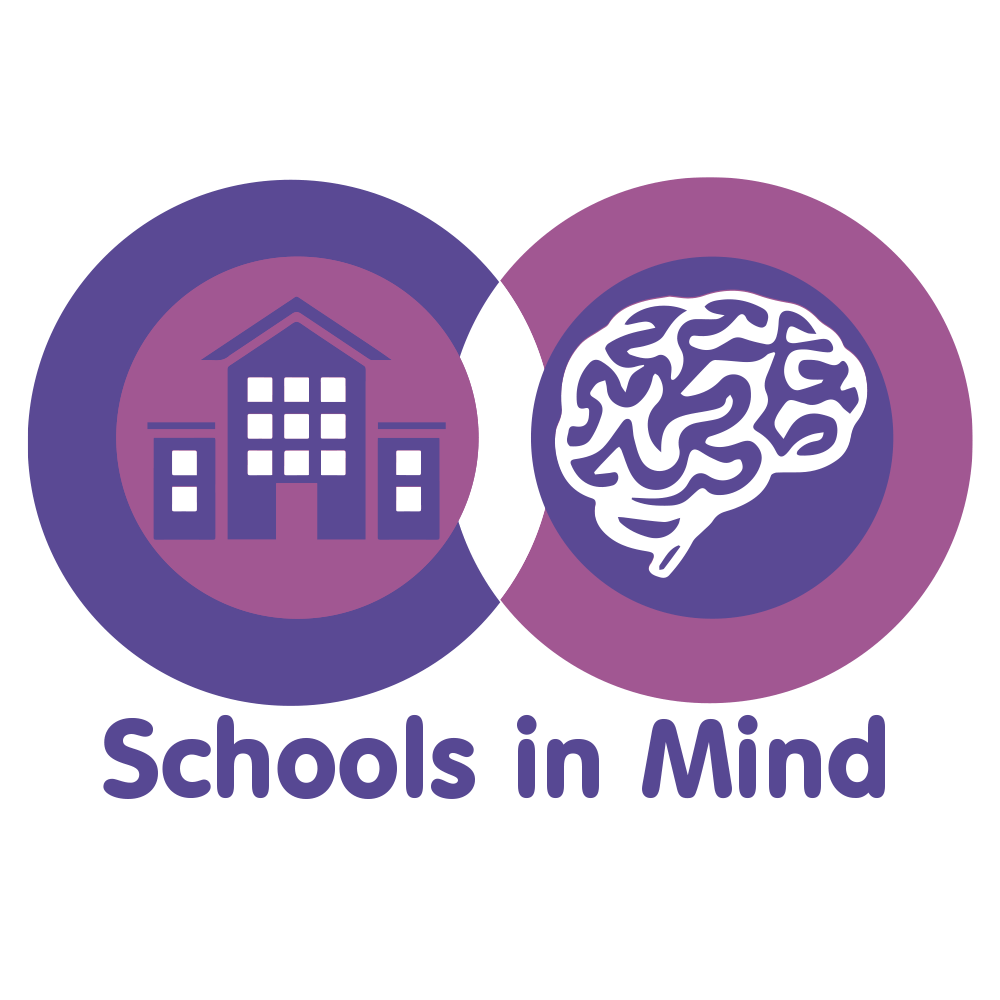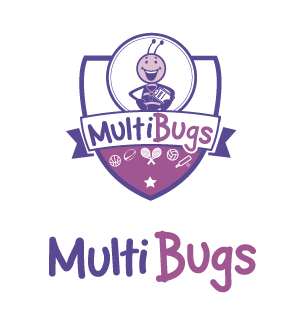In this article, we’ll explore the self-care practices of mindfulness and meditation, which can benefit employees by improving their well-being, productivity, and performance. We’ll delve into what mindfulness and meditation are, how they can benefit individuals and teams, and provide some tips on how to get started.
Mindfulness is the practice of being present in the moment without judgment or distraction. It involves being aware of one’s thoughts, feelings, sensations, and surroundings, and accepting them as they are. Mindfulness can help reduce stress, enhance focus, and improve coping mechanisms.
Meditation, on the other hand, involves training the mind to achieve a state of awareness, calmness, and clarity. This can be achieved through various practices such as breathing, mantra, visualization, or guided meditation. Meditation can help individuals relax, improve their mood, and boost creativity.
Both mindfulness and meditation can have numerous positive effects on an individual’s physical, mental, and emotional health. These practices can lower blood pressure, heart rate, and cortisol levels, which are linked to stress and inflammation. Additionally, they can increase the immune system, brain function, and memory, which are essential for learning and problem-solving. Furthermore, these practices can enhance emotional intelligence, empathy, and communication skills, which are vital for teamwork and leadership. Finally, mindfulness and meditation can reduce anxiety, depression, and burnout, which can affect motivation and performance.
In addition to individual benefits, mindfulness and meditation can also benefit teams by creating a more positive, supportive, and collaborative work culture. This can improve team cohesion, trust, and engagement, which are essential for achieving goals and delivering quality work. Additionally, these practices can foster innovation, creativity, and adaptability, which are necessary for facing changes and challenges in the workplace. Furthermore, mindfulness and meditation can promote resilience, well-being, and satisfaction, which are important for retaining and attracting talent.
To get started with mindfulness and meditation, individuals can set a regular time and place for their practice, preferably in the morning or evening when interruptions and distractions are less likely. Choosing a method that suits personal preferences and goals, such as an app, a book, a podcast, or a course, can be helpful. Joining a group or community can also provide support and feedback. It is best to start with small and manageable sessions, such as 5 or 10 minutes a day, and gradually increase the duration and frequency as confidence and comfort grow. It is important to be patient and compassionate with oneself, and not expect perfection or immediate results. Mindfulness and meditation are skills that require practice and consistency.
Here are some more specific ways you can integrate mindfulness and meditation into your workday:
Start the day with a mindfulness practice: Begin your workday with a brief meditation or mindfulness practice. Take 5-10 minutes to sit quietly, focus on your breath, and set your intentions for the day. This can help you start the day with a clear mind and a positive attitude.
Take short breaks for meditation or mindfulness: Throughout the day, take short breaks to meditate or practice mindfulness. This can help you refocus your mind and re-energize your body. You can try a simple breathing exercise or a quick body scan to release any tension or stress.
Use mindfulness reminders: Set reminders on your phone or computer to remind you to take a moment to breathe, stretch, or practice mindfulness. This can help you stay present and focused throughout the day.
Practice mindful communication: Pay attention to your communication with others throughout the day. Practice active listening, speak mindfully and with intention, and be present in your interactions with others.
Incorporate mindfulness into routine tasks: You can also incorporate mindfulness into routine tasks such as washing dishes, taking a walk, or making a cup of tea. Focus on the sensations of the task and bring your attention to the present moment.
By integrating mindfulness and meditation into your workday, you can increase your focus, productivity, and overall well-being.
